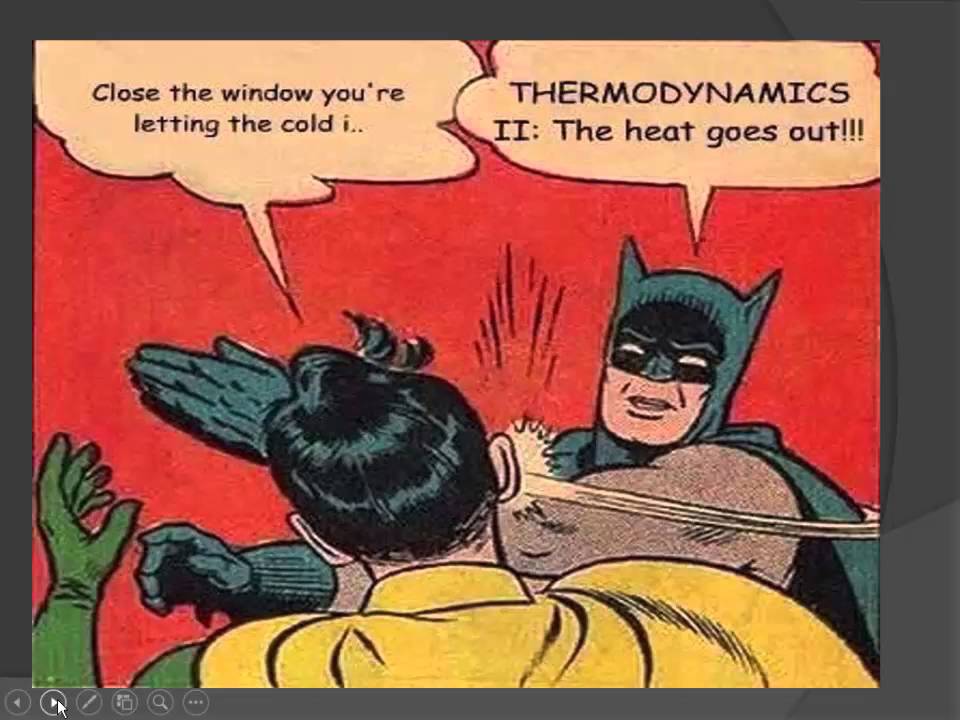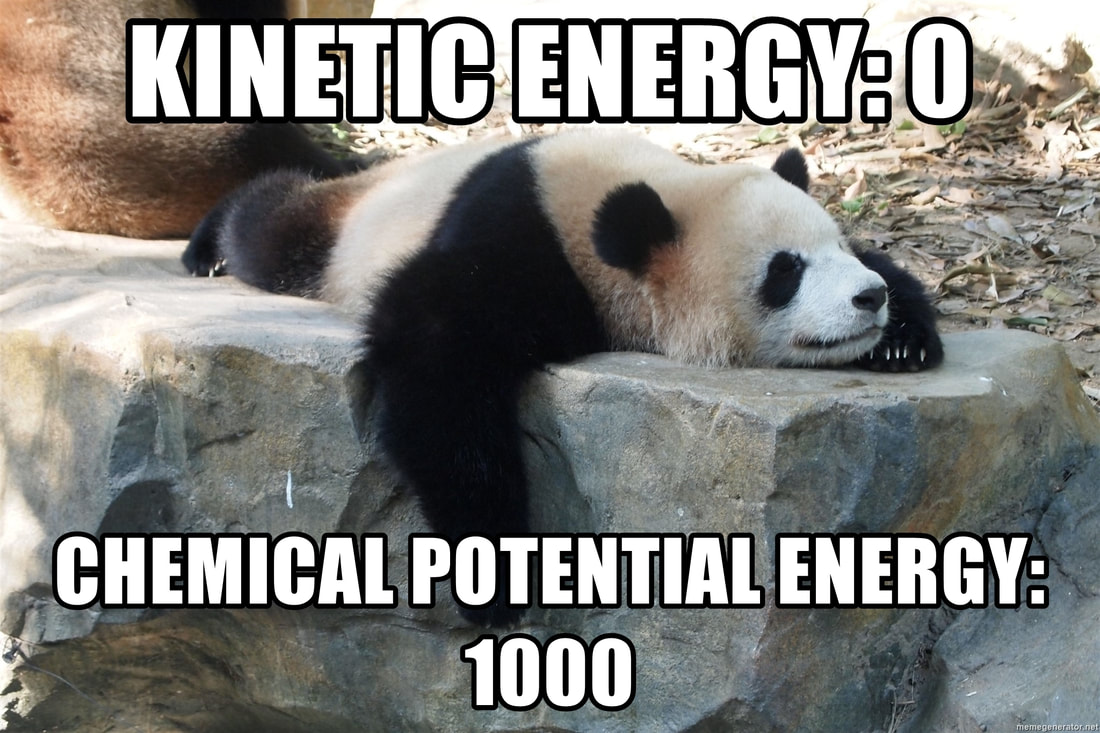Anchor PhenomenonHow do hand warmers really work?
|
|
|
Overview of Topic:
Thermochemistry is the study of how energy affects chemical reactions. Energy exists in multiple forms, yet in chemistry, it mostly exists as chemical energy, which is a type of potential energy, and thermal energy, which is a type of kinetic energy. While energy must be conserved, it can be changed in form between these two types during endothermic and exothermic reactions. The forces within and between particles affect how easily they can move, and therefore what state of matter they are in. It requires sufficient energy to overcome these forces in order to change phase between solid, liquid, and gas. Kinetic energy is the energy of movement. As particles move faster, they collide more often, which increases the rate of reaction. |
Unit Vocabulary:
|
|
Essential Questions:
|
Learning Objectives:
|
Standards Addressed:
HS-PS1-3: Plan and conduct an investigation to gather evidence to compare the structure of substances at the bulk scale to infer the strength of electrical forces between particles. HS-PS1-4. Develop a model to illustrate that the release or absorption of energy from a chemical reaction system depends upon the changes in total bond energy. HS-PS1-5. Apply scientific principles and evidence to provide an explanation about the effects of changing the temperature or concentration of the reacting particles on the rate at which a reaction occurs. HS-PS1-6. Refine the design of a chemical system by specifying a change in conditions that would produce increased amounts of products at equilibrium.* HS-PS3-2: Develop and use models to illustrate that energy at the macroscopic scale can be accounted for as a combination of energy associated with the motions of particles (objects) and energy associated with the relative positions of particles (objects). HS-PS3-3. Design, build, and refine a device that works within given constraints to convert one form of energy into another form of energy.* HS-PS3-4. Plan and conduct an investigation to provide evidence that the transfer of thermal energy when two components of different temperature are combined within a closed system results in a more uniform energy distribution among the components in the system (second law of thermodynamics). |

